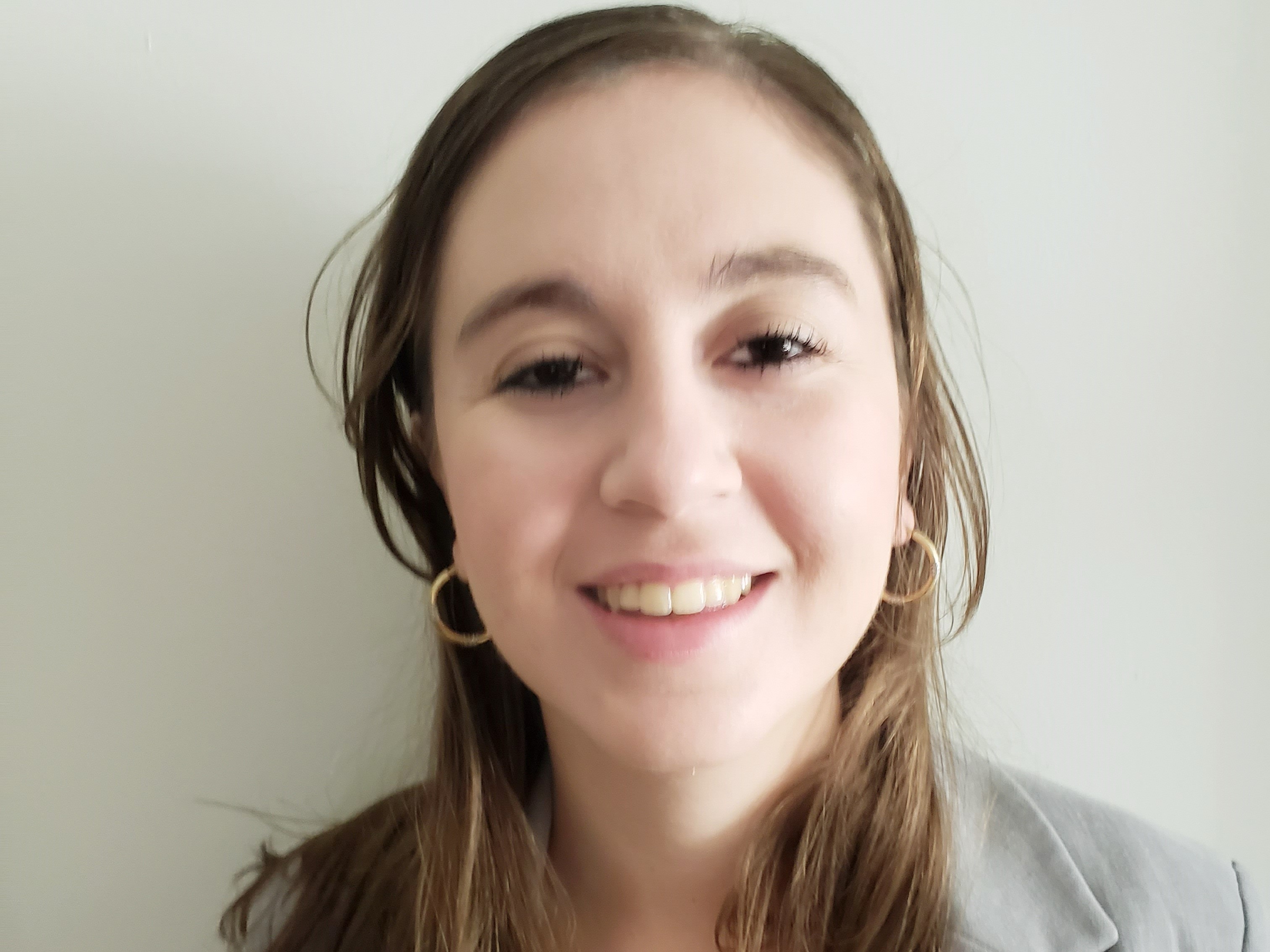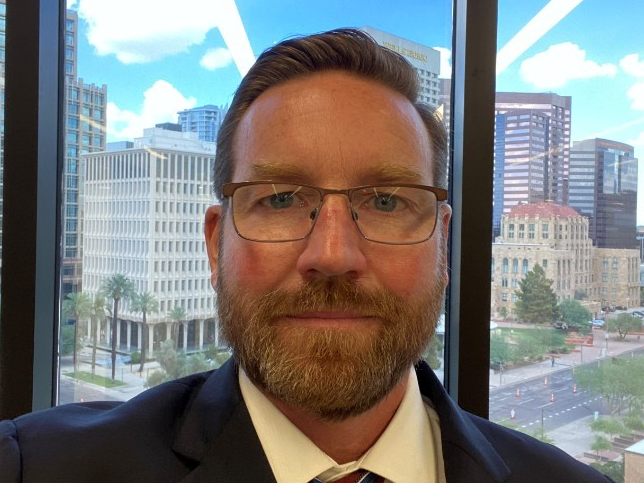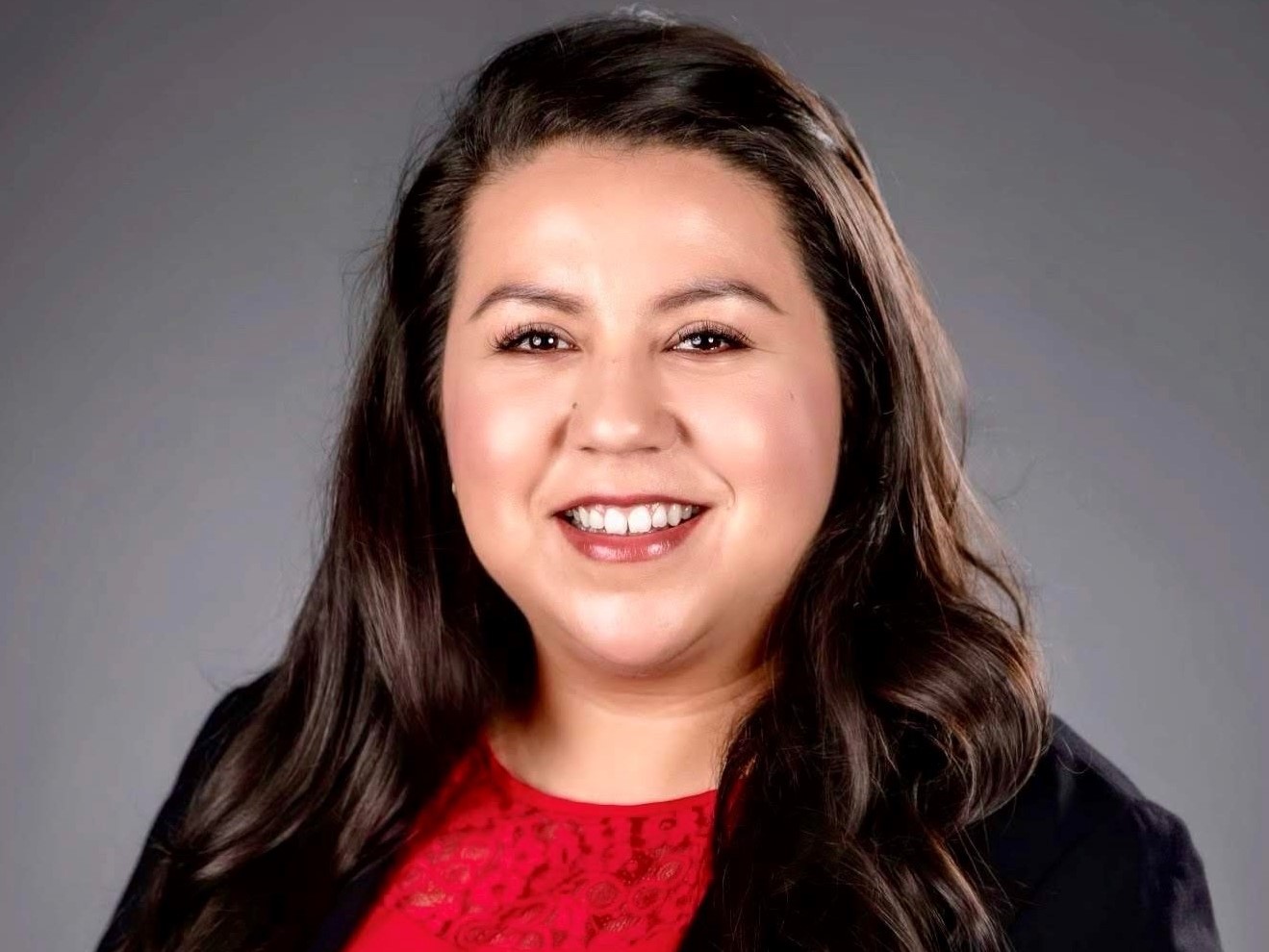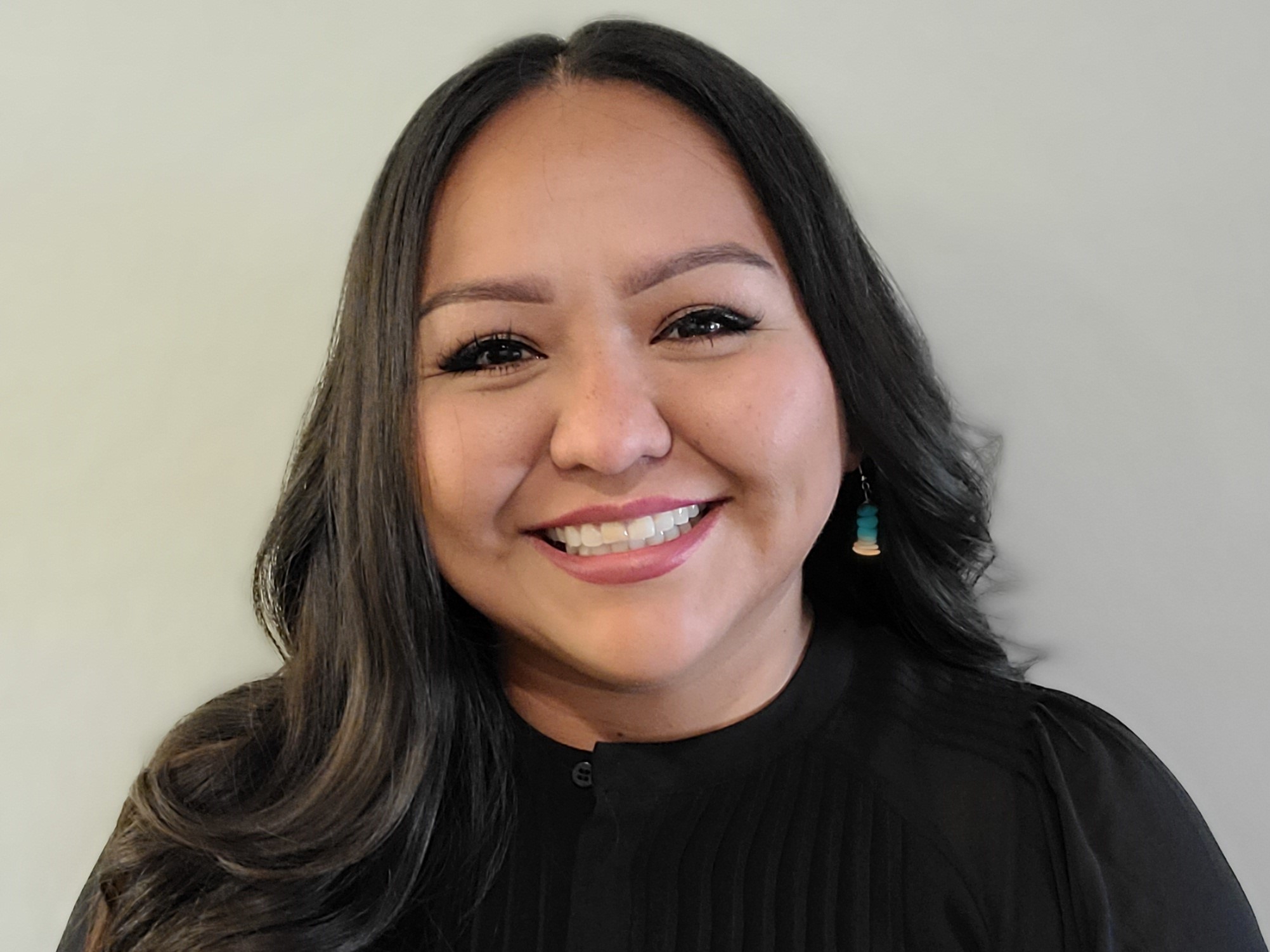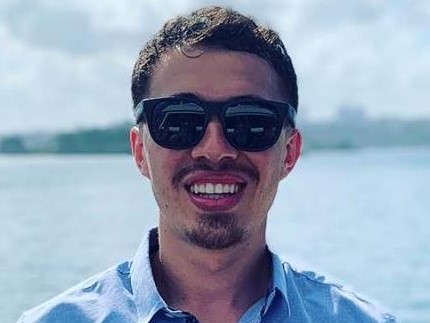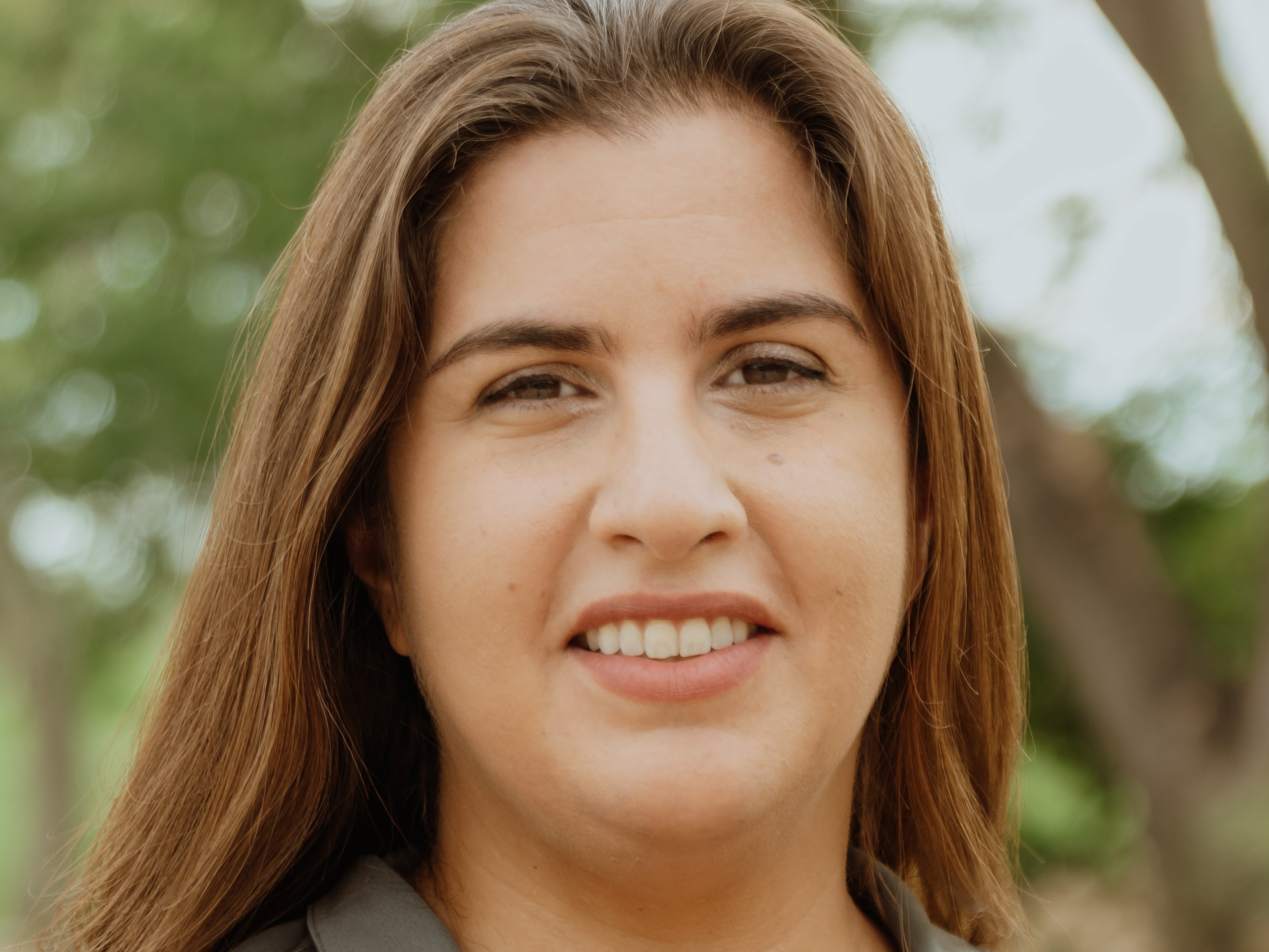They’re more experienced, wiser and happy with how things turned out since graduation.
We asked several Watts College of Public Service and Community Solutions Outstanding Graduates from the last decade to share with the current generation of students what made them successful — both during their time at ASU and afterward.
Some of the graduates emphasized networking and getting involved, others the importance of real-world experiences. And one explained how she learned to take a community-first approach to addressing complex engineering challenges.
Here are their thoughts for today’s knowledge seekers finding their own way toward being the solution:
Samantha McLaughlin
Samantha McLaughlin
McLaughlin, who received a bachelor’s degree in criminology and criminal justice in 2013, went on to earn a master’s degree in human behavior followed by a law degree. She emphasized the importance of internships, which help students learn what jobs are like from those who already have them.
“I would say: Do internships, shadow people, talk to people, ask them what their experiences are, what they like about their job and what they don’t like about their job,” said McLaughlin, who is a practicing attorney with the Maricopa County Office of the Public Defender.
She also recommended being unafraid to try different jobs. McLaughlin served as a court bailiff and worked for the Arizona Department of Child Safety, where she said she gained “a lot of respect for social workers.”
Students should not be afraid to try different experiences, and it is all right to decide not to stay with a first job or internship, McLaughlin said.
Robert Rowley
Robert Rowley
Rowley graduated in 2017 with a master’s degree in emergency management and homeland security. Today he is director of the Maricopa County Department of Emergency Management.
He said students should never pass up the chance to get real-world experience during their school years. To do so would be “such a huge mistake,” as employers know that academic experiences won’t provide all the answers an applicant will need in a job interview.
“When you’re young and you have the energy to do more, take that opportunity to get that practical experience to go with your academic experience,” Rowley said. “You really need both.”
A student with experience both at school and outside of it will appear much more well-rounded and therefore will be a more attractive job candidate, he said.
Add to that the knowledge of what it takes to be a productive employee while successfully completing a degree program “and you’re going to be miles ahead of other applicants who have neglected that part of their learning experience,” Rowley said.
Peder Humlen-Ahearn
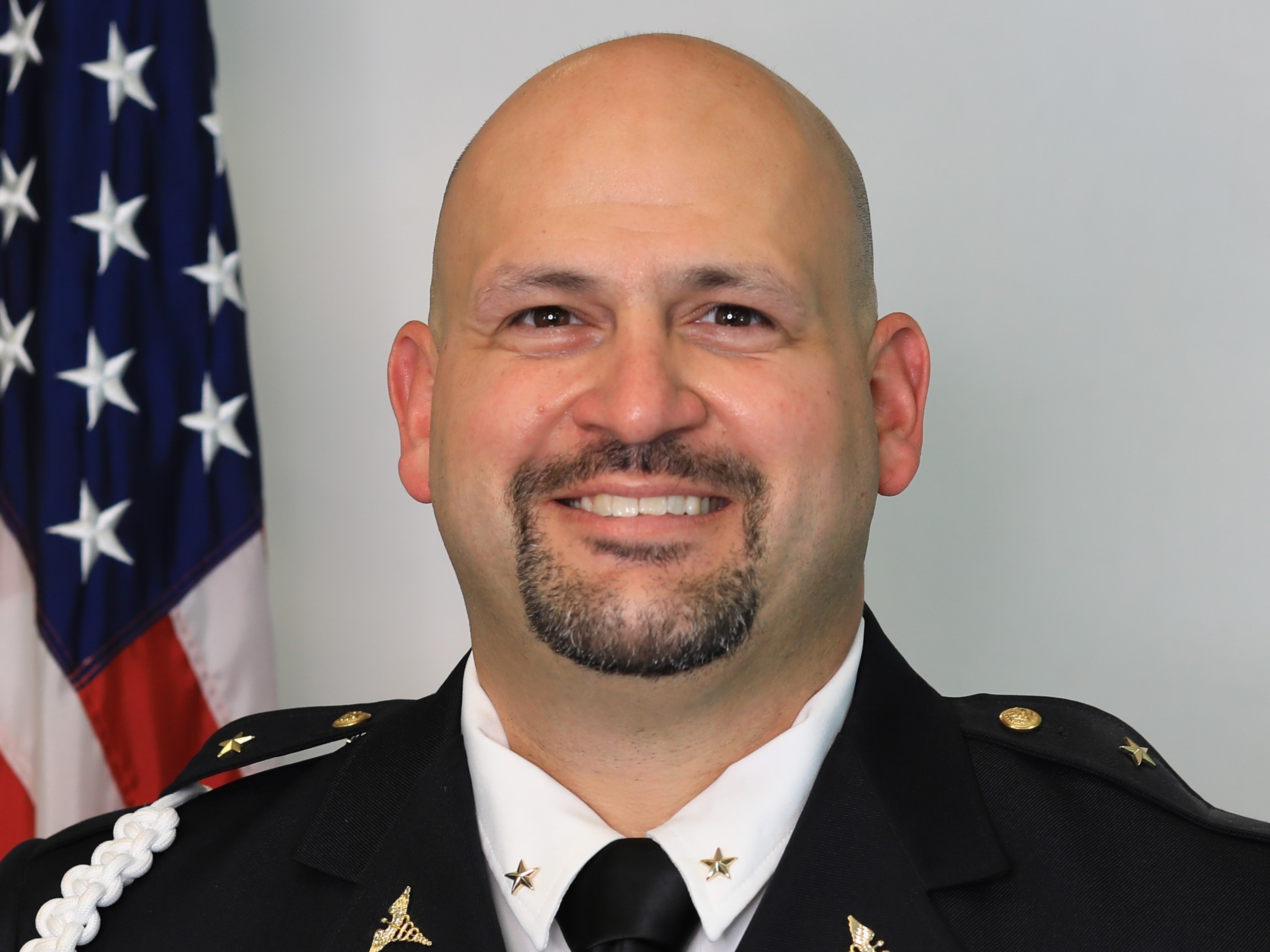
Peder Humlen-Ahearn
Humlen-Ahearn received a master’s degree in public safety leadership and administration in 2018 after earning a bachelor’s degree in public safety studies. Today he is deputy chief of planning and administration of Ada County, Idaho, where the state’s capital city of Boise is located.
Students should apply their education to real life, he said, because it brings together theory and practice.
Often what is learned in school and what is learned in the real world are different, said Humlen-Ahearn, who advised students to continue to apply theory and practice to each other, even long after graduation.
Imelda Ojeda
Imelda Ojeda
Ojeda received a Master of Public Administration degree in 2016 after earning a Master of Social Work degree in 2015. Today she is southwest regional development director for St. Jude’s Children’s Research Hospital.
Ojeda emphasized the importance of networking, advising students to expand their contact lists.
“They say that it’s not what you know, it’s who you know,” she said. “For the social sector that is so true, because people will remember you and the impact that you have made (in) an organization or your current job, your current leadership. And that will go a long way.”
Ojeda said students should attend networking events, even if they seem intimidating. This includes webinars or any face-to-face opportunities to meet others in the community.
“I feel like pretty much all of the opportunities that I have had is because of people I know,” said Ojeda, who cited her own involvement as one of the Watts College’s Spirit of Service Scholars.
“It connected me with so many people that I’m still in contact with now,” she said.
Cassie Harvey
Cassie Harvey
Harvey received two bachelor’s degrees in 2017, one in criminology and criminal justice and one in public service and public policy with a certificate in public administration and management. Today she is back at ASU, working again on two degrees: a master’s in criminology and criminal justice at the Watts College and a master’s in entrepreneurship law and Indian law at the Sandra Day O’Connor College of Law.
Harvey advised students to be unafraid to try new things, to ask questions and allow themselves to be curious.
“You never know … where it’s going to take you and what’s going to come out of it,” said Harvey, who said her own willingness to take a risk has paid off.
“It was like, I don’t know if this will work but I’m going to try it, whether it was applying for a scholarship or applying for an honor society or a student position or a volunteer organization,” she said. “Something that you’ve never really done before, and it’ll open up multiple doors.”
Unless you try something, “you don’t know if you want to do it,” Harvey said.
Carlitos Hernandez
Carlitos Hernandez
Hernandez received a bachelor’s degree in parks and recreation management in 2012. Today he is an academic adviser at ASU’s College of Integrated Sciences and Arts. He recalled that his first days as a student were daunting, to say the least.
“When I first walked on campus, I felt like just a number because it was overwhelming. I had never been surrounded by so many other students … so it was very intimidating,” Hernandez said. “But I kept the same work ethic that helped me get to college.”
Hernandez said that once he became involved in student clubs and organizations, “the university shrunk for me, and I felt like I was actually a part of the community. I felt like I belonged, and I was getting good grades,” he said. “(I thought) not only can I get my education and be successful here, but I can thrive. I can make a difference, make an impact, leave my mark here.”
Jeanne Jensen
Jeanne Jensen
Jensen received her Master of Public Administration degree in 2014 after having earned a bachelor’s degree in chemical engineering and a master’s in civil environmental engineering. Today she is the capital improvement plan (CIP) supervisor for utilities projects for the town of Gilbert, Arizona.
Jensen said the best thing she learned from her time at the Watts College was how to step back and think about the community she serves in a holistic sense.
“It’s really easy for those of us with technical backgrounds to get wrapped around the axle of what is the best answer to the mathematical problem, when the actual answer might be more complex and require some understanding of community, how to understand which areas of our community are served well and which have been historically underserved,” she said.
Jensen said she has learned to have an appreciation for how projects she recommends to the town leadership for funding impact residents and other programs.
“So that’s what I really took away from the Watts program was this ability to kind of step back, get out of the weeds of the calculation and get into the application of the real world.”
Top photo: The Watts College of Public Service and Community Solutions gonfalon is displayed above graduates attending a recent convocation. Photo by ASU
More Sun Devil community

2026 MLK Servant-Leadership Awardees announced
Every year in honor of Martin Luther King Jr.'s legacy of leading through service, Arizona State University recognizes members of society who are upholding the civil rights activist's ideology and…

2025 in pictures: ASU photographers share some of their favorite moments of the year
From football games to lab work to graduation, our photographers in Media Relations and Strategic Communications see it all throughout the course of the year.So we wanted to know — what were…

Finishing what she started: ASU grads’ lifelong pursuit of education becomes a reality
Makita Hogans has tried her hand in higher education for years, but her commitment to her newly born son put her vision for a degree on the back burner.“I made the choice to raise my son. His future…

